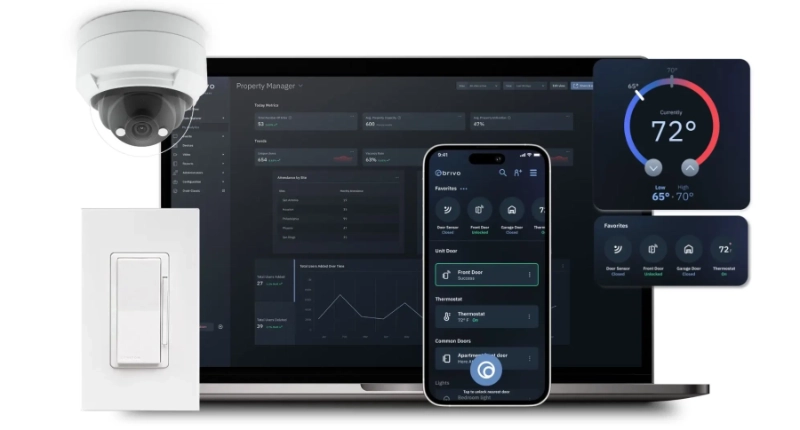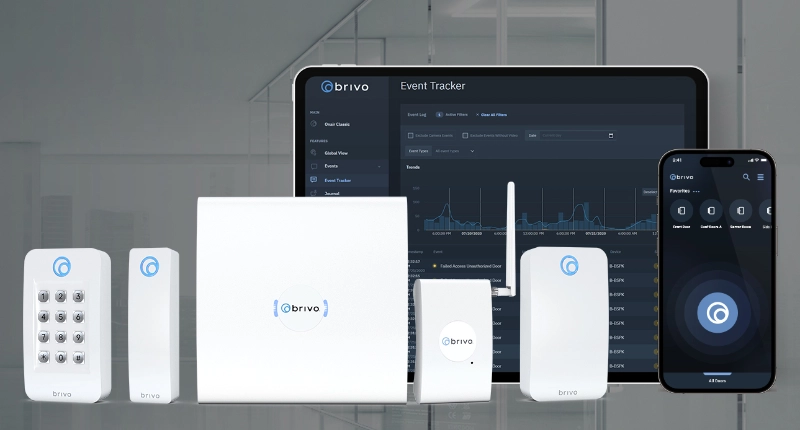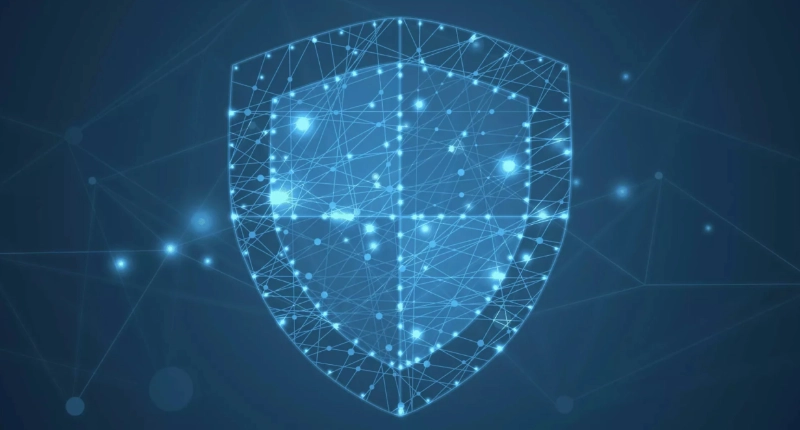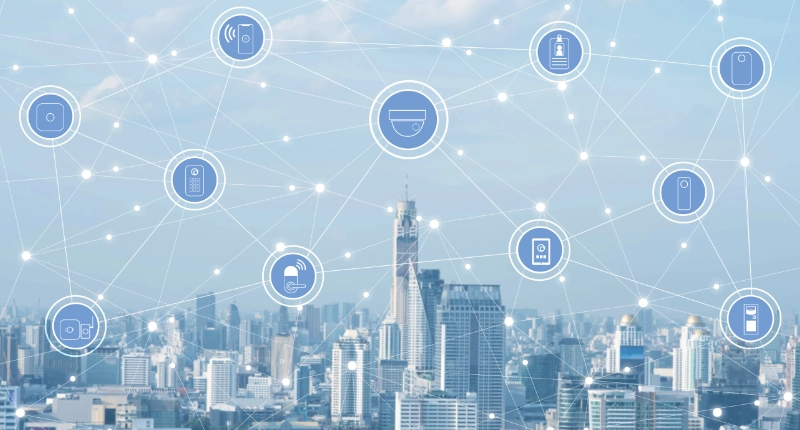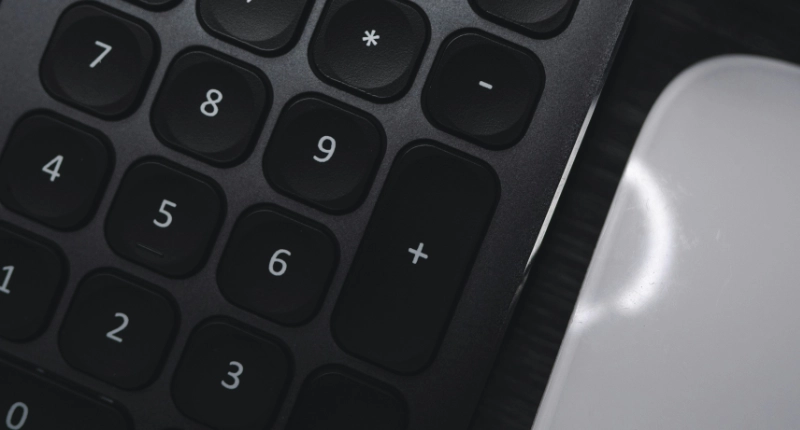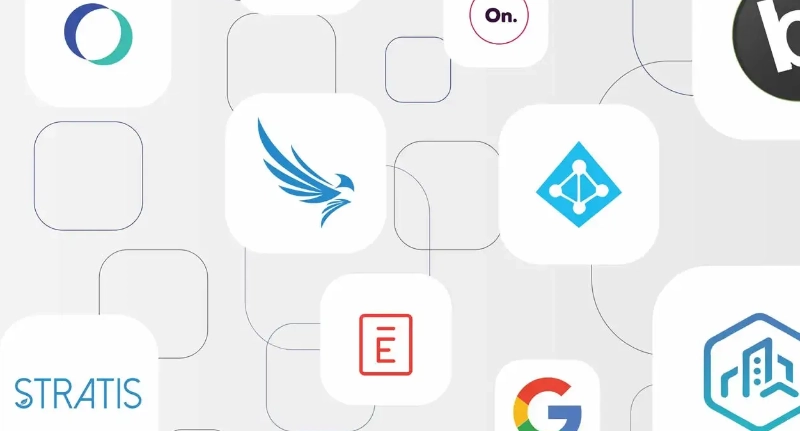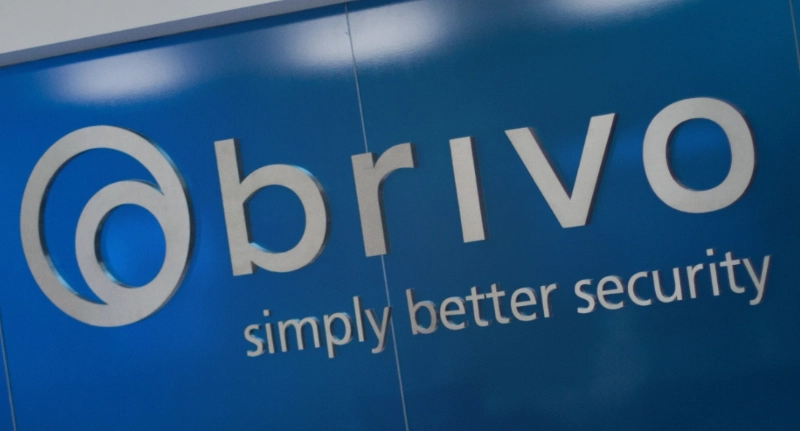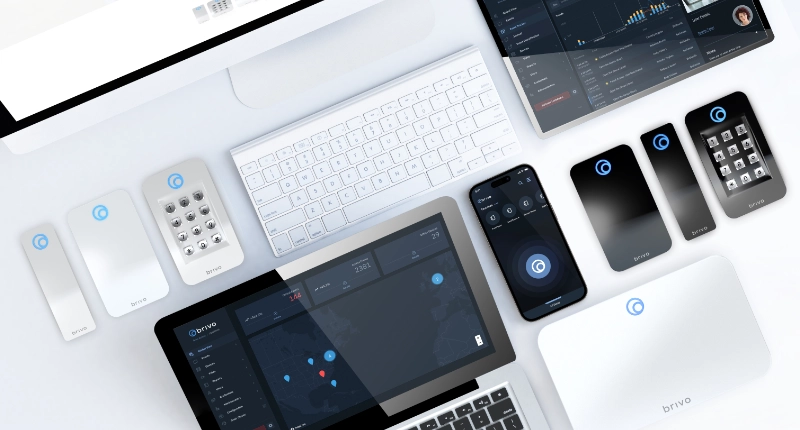This year will be a pivotal year for many businesses. With the impacts of a global pandemic and the spectre of a global slow down, every business will need to evaluate their present situation and plot a new course for the future.
The physical security industry will be no different. Security has proven to be an essential business throughout the COVID crisis. Now more than ever, businesses that are still open are tasked with keeping their people safe and healthy while closed businesses must keep an eye on their facilities.
Because of our new landscape we know that the physical security solutions you have chosen and the decisions you’ve made have been tested. At Brivo, while confident in the capabilities of our platform, we have been looking at what demands are emerging and how they will play a role in the physical security of tomorrow.
In a recent article, 4 Key Predictions that will Govern the Physical Security in 2020, Enterprise Security evaluates some advanced technologies that will impact the physical security industry. They look at facial recognition and privacy, artificial intelligence, physical identity management and blockchain technology and their impacts in the near future.
We do believe these forward leaning technologies will play an important role in physical security.
Facial recognition has been and always will be a big deal. However, all forms of biometrics will continue to have market challenges due to price point, complexity, and privacy concerns. In portions of the market where the risk profile warrants the expense and complexity of biometrics they will be implemented. But for many businesses, this is overkill.
There are plenty of alternative and less intrusive options for most businesses so unless you are a super secret spy organization, the privacy issues may not be worth the hassle and stakeholder backlash.
Artificial intelligence is essential for proactive security applications as well as for improving customer experience and automating tasks. For example, AI can look through a database of activity and show things that represent anomalous behaviour rather than just things that violated a specific rule. Brivo has AI in practice in our Snapshot technology which uses machine learning for facial detection.
Identity management for physical security systems is also very much upon us, and is an important differentiator of how well a solution will work in a dynamic organization. Companies like Okta, Google, and Microsoft will continue to see growing integration of their identity platforms, which will draw the physical security domain closer to core IT operations.
For the security world, we connect to these widely adopted identity platforms as a relying party. We’ll see a lot more of this as more companies come up to speed on options available to sync security and identity systems. But one thing is for certain, meaningful identity integration will all happen in the cloud from here on out. Those who missed the cloud-based access control boat will need a technology refresh cycle or two to keep up.
Our take on blockchain for physical security: that’s a solution in search of a problem. At the moment, since security data is not shared in a ledger across unrelated entities, the application of blockchain is not relevant in physical security. However, there may be other areas where it may play another role.
Even the identity management space, which arguably has a greater need for verifiable transactions across heterogeneous groups of actors, has not adopted blockchain in any larger measure. Instead, PKI still rules the day. The security needs of the future might dictate otherwise. We’ll have to wait to see what other new technologies might bring.



